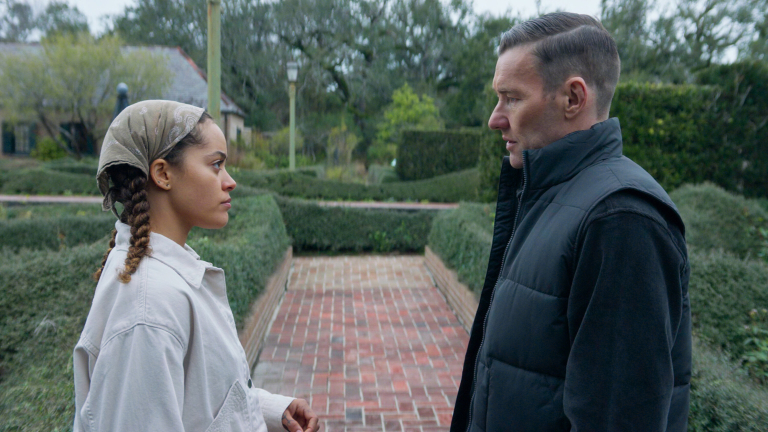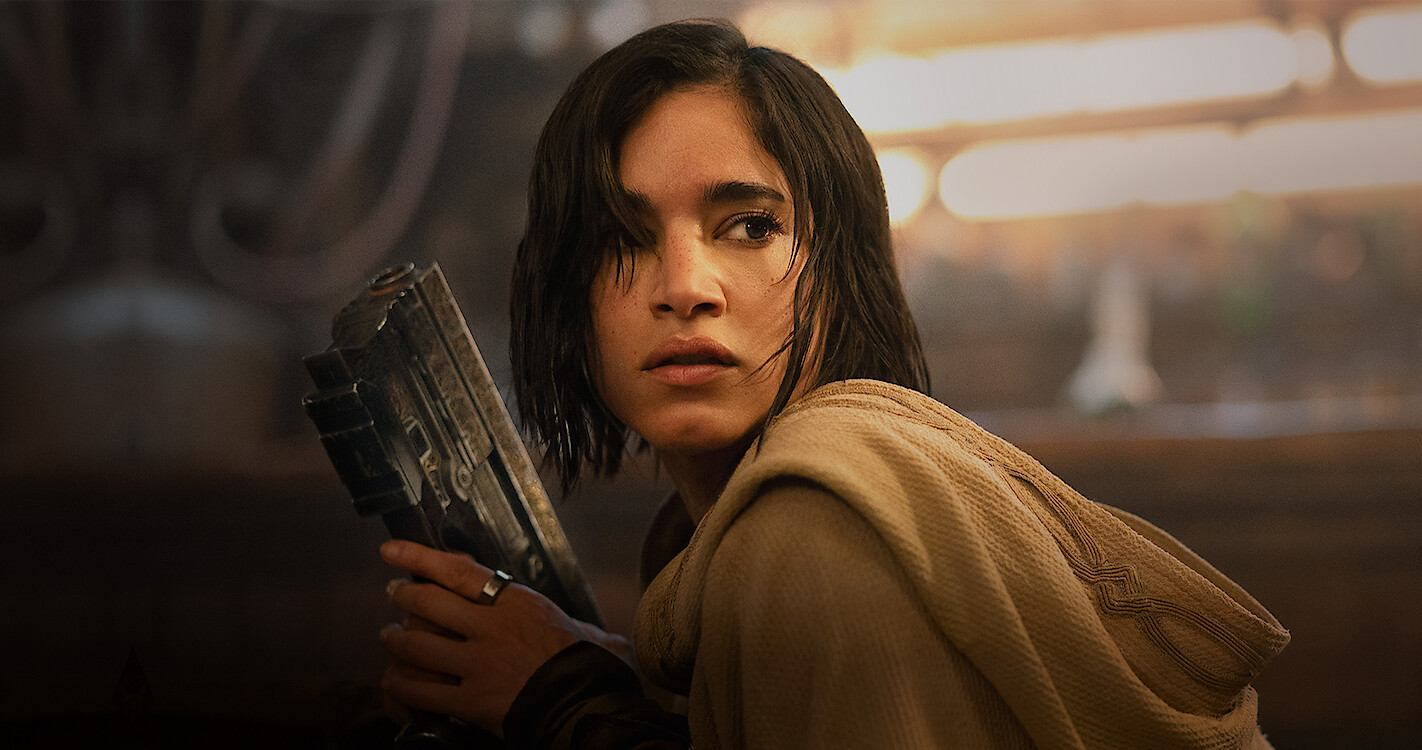
Writer/director Paul Schrader has seemingly spent the last decade trying to add as many movies as he possibly can onto his already impressive filmography. The Taxi Driver and Raging Bull scribe has long been considered one of the greatest screenwriters of his time, but his directorial work is often met with mixed reactions. His films of the last ten years exemplify this, as he has delivered one bona fide masterpiece (2017’s First Reformed) along with a handful of interesting experiments that heavily vary in quality and never quite hit the mark (2013’s The Canyons, 2014’s Dying of the Light/Dark, 2016’s Dog Eat Dog, 2021’s The Card Counter). While Schrader’s latest effort, this year’s Master Gardener, is of exceptional quality and ranks high on the filmmaker’s resume, it slightly falls short of masterpiece status due to an overly sedate approach to its unquestionably strong material.
The film stars Joel Edgerton as a seemingly peaceful horticulturist who harbors a dark and violent past. He is also having an affair with the owner of the estate (Sigourney Weaver) on which he works. That relationship is soon threatened when he is assigned to mentor Weaver’s drug-addicted great-niece (Quintessa Swindell) and a mutual attraction based on their personal damage forms between the two of them. What ensues is a slow-burning and character-based thriller that refreshingly stands out by favoring the depiction of organic human behavior to propel it forward rather than forced and formulaic story beats.
The success of the film rides on Edgerton’s shoulders, and his skillfully minimalistic and true-to-life performance is more than up to the task. He creates a complex and shaded character through stillness and internal reactions that clearly (though subtly) read on his face. Edgerton never forces drama or theatricality, impressively relying on the power of his natural presence and the strength of Schrader’s material to communicate the intricacies of his character’s interior life.
Weaver exhibits a steely ferocity as the lonely and spoiled estate owner who wants to control Edgerton’s every move. Swindell is sympathetic and vulnerable as a young woman suffocating under the weight of her own personal demons. Despite their hefty age difference, her relationship with Edgerton is entirely believable because the two actors are able to clearly exhibit the common personality traits and past pain that make their characters’ connection run so deep.
Like the majority of Schrader’s films that he both wrote and directed, his writing for Master Gardener outshines his filmmaking. The film’s screenplay is endlessly intelligent and rich. It insightfully uses gardening as a metaphor for leaving the past behind and laying the foundation for a hopeful future. As a director, Schrader makes certain that his work as a writer is presented with extreme care. His thoughtful dialogue, the inner dualities of his characters, and the thematic grandness of his screenplay are crystal clear throughout. Schrader sometimes accomplishes this at the expense of innovation and dramatic power, however, and the result, though always intellectually stimulating, can be emotionally flat. His directorial style is, impressively, unobtrusive and inconspicuous, but it also could have used a little more passion and energy to fully and more successfully exhibit his characters’ internal and external conflicts.
Master Gardener is a very good film that doesn’t quite reach greatness. It is a fascinating character study performed by excellent actors and brought to life by a fully capable filmmaking team. Though its execution is sometimes a bit uninspired, the talent of its cast and the depth and extraordinary beauty of its screenplay often manage to rise above its few and relatively minor faults to make for an overall captivating and highly moving film.
GRADE: A-


